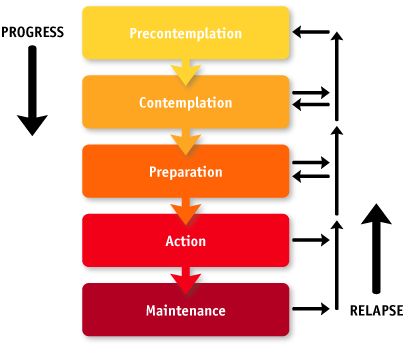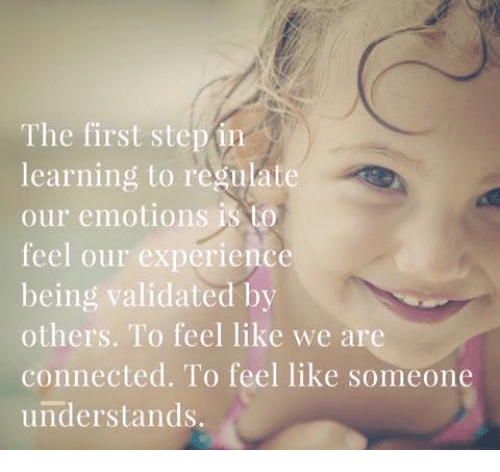|
29/12/2015 2 Comments Random thoughts, readings and ramblings of a geeky therapist part 1: Learned HelplessnessI have always wondered what has stopped us from getting to where we want to be: life, work, Scary moment... my first ever blog hopefully one of many! I hope you enjoy the read :) In my short life span I have met some amazing, compassionate, driven and caring people. Who have enriched my life but yet are unable to recognise the greatness that they have within them. You know the ones I am talking about, their mere presence is oozing with uplifting energy, selfless / endless care and compassion. I have also noticed that these same people at one point or another some if not all did not know how to practice:
Seeing this made me genuinely wonder why, where did this type of behaviour stem from. Why do we behave in this manner. It saddens me to see this kind of behaviour because I know first hand what poor self care, self love and not having the ability to regconise your own boundaries and say no. I have also noticed that many and including myself tend to disguise our decisions based on the socially constructed concept of being “realistic”. When in fact I believe choosing to use this “I’m being realistic” term is just another way of sugar coating or denying perhaps what you truly feel about yourself. This is known as your self fulfilling prophecy or also your deep core belief. If your mental chitter chatter often sounds like this:
Then be rest assured if you have been telling yourself this then your core belief about yourself is what could be holding you back from as Elliott Hulse would say “the best stronger version of your self” Over time I have noticed the same story takes on many different shapes and forms, you may come across a client who is projecting this story onto you or you are projecting your story onto others about “being realistic”. When in reality if we stopped to understand what we are really feeling we would realise that perhaps our inner child hasn’t had their needs met as a child. These childhood traumas or wounds are what could be causing us to be resistant to change. This resistant to change most often comes from fear of:
I am concerned with this subject matter because it astounds me how many children walk around in an adults body still hurt and who have not healed from the wounds of their past. They walk around never knowing who they really are or understanding how they really feel, the term “walking dead” comes to mind. This negative core belief you or they have about lthemselves, coupled with unhealed wounds and fear has perplexed if not all, many from achieving their true passion, purpose and potential in life. Les Brown says it beautifully ”If you are not willing to risk, you can’t grow and if you can’t grow you can’t become your best and if you can’t become your best, you can’t be happy and if you can’t be happy, well what else will is there?” I have also wondered when you or a person finally makes the steps to seek help, take action and make a change, more often then not there is a also a disconnect between a:
Why is it at times have we been unable to make a deeper lasting profound connection and bridge this gap.I mean it’s that simple right go to see a;
Its that simple that if you just keep going and just get it done it will ALL fall into place! WRONG....!!! We are not machines we are human beings that our governed by our EMOTIONS and OUR LEARNED EXPERIENCES. If as a friend or practitioner or patient you are not present in the now or authentically listening and allowing the person to feel heard then it’s not that simple. Furthermore if you are not guiding or asking the “right” questions bridge that gap then you or they may feel unheard and also resistant to change! “On the path to change resistance will be encountered” Their are many types of resistance to change that exits and it can either be covert or overt, organized or individual. More often then not a person can be resistant to change when they perceive that the change that is occurring is a threat to them. Those who encounter resistance to change from the people they work with may say stories such as this:
Behavioural analysts would call this type of explanation, explainatory fiction, which they would agrue is an inadequate. As this does not explain what function this behaviour serves nor why this person is behaviouring the way they are. This is a massiabe topic for another time... In short Resistance to change can also be noted in physiotherapy or personal training or coaching as:
Examples of psychological resistance which you may notice are attached to specific personality types:
Recognising whether they have any of these personality characteristics combined with assessing their readiness for change (sel below) can be a game changer to your practice: In fact John Bowbly a British psychiatrist first coined the term Attachment theory as a result of the studies he conducted to understand the developmental psychology of children. Bowlby who also worked with Ainsworth described attachment as a “deep and enduring emotional bond that connects one person to another across time and space” His theory states their is a need for a strong emotional and physical attachment/ bond to at least one primary caregiver (mother, father etc) to aid a child’s personal development. Other psychologists also contributed to his work that argued attachment is a set of learned behaviors. This tied in with the evolutionary theory of attachment which suggests that children come into the world biologically / genetically pre-programmed to form attachments with others, because this will help them to survive. In fact the first few hours/ days are critical to the child's ability to imprint on another so they are able to form this attachment. As the child develops later on in life they may go on to develop either one of these attachment personality types;
Poor development can cause a child who becomes an adult to develop and carry
Why is this or why should this be relevant when it comes to being a doctor / personal trainer/ coach / physiotherapist / osteopath? If a patient has poor resiliency for instance they may be less likely to manager their flare ups well Understanding your clients perdispositions and stage of readiness is necessary if you are going to embark advocating change. Another reason why you may encounter resistance to change is:
Don’t freak out don’t beat yourself up! Their is always another way :) Want to know more? click here for part two.... References Pending...
2 Comments
29/12/2015 09:37:31 pm
Website is up and running, awesome to see you've got the ball rolling! & the first blog pos finished Sevda, looking forward to seeing what 2016 will bring..😇
Reply
Zoe Mundell
30/12/2015 09:16:58 pm
Reply
Your comment will be posted after it is approved.
Leave a Reply. |
AuthorSevda Onder |
Nearly 20 years in the health and fitness industry.
Less than 10 years of post graduate physiotherapy experience.
£150 initial assessment
Physiotherapy 6/12 pack paid up front 15% off
Note I do offer low income slots for those who cannot afford my prices.
Please do not hesitate to reach out [email protected].
Less than 10 years of post graduate physiotherapy experience.
£150 initial assessment
Physiotherapy 6/12 pack paid up front 15% off
Note I do offer low income slots for those who cannot afford my prices.
Please do not hesitate to reach out [email protected].



 RSS Feed
RSS Feed